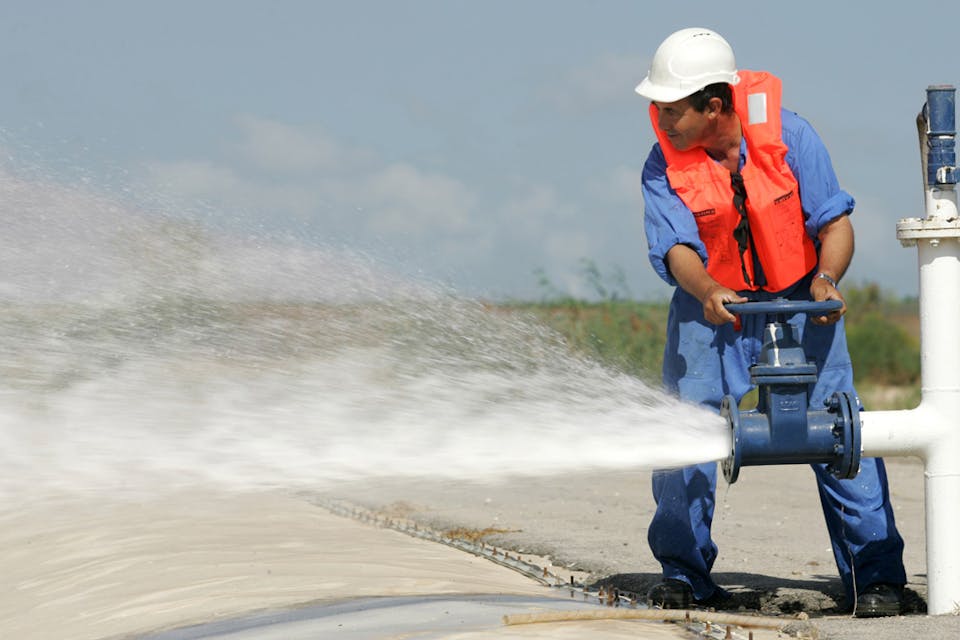
September 9, 2015
From Africa to China, How Israel Helps Quench the Developing World’s Thirst
The untold story of Israeli hydrodiplomacy, from the 1950s until now.
In November 1898, Theodor Herzl arranged a meeting with the German emperor, Wilhelm II, to obtain help in creating a Jewish state in the land of Israel. In their conversation, the Kaiser praised the work of the Zionist pioneers, telling Herzl that, above all else, “water and shade trees” would restore the land to its ancient glory. Four years later, Herzl had a lead character in his political tract-cum-novel Altneuland (“Old-New Land”) say of Jewish settlement in Palestine: “This country needs nothing but water and shade to have a great future.” Another character predicts that the water engineers of the Jewish homeland will be its heroes.
Utopian novels set the bar high, and Altneuland is nothing if not a utopian novel. Yet even before statehood, Zionists made remarkable strides in putting the land’s limited water resources to good use. They drained swamps, drilled wells, and developed irrigation systems. By the 1960s, Israel had developed a nationwide system of underground pipes to transport water from the relatively water-rich north to the Negev desert in the south. Israeli engineers also developed the system known as drip irrigation, which simultaneously conserves water and increases crop yields. Later, Israel would pioneer desalination technology. Combining scientific advances with efficient management, the Jewish state is now in no danger of running out of water. In fact, it provides large amounts from its own supplies to the West Bank, Gaza, and Jordan, while each year exporting billions of dollars’ worth of peppers, tomatoes, melons, and other water-intensive produce.
Herzl imagined something else, too, in Altneuland. Following the establishment of a Jewish national home, his protagonist announces, Jews will need to come to the aid of the suffering people of Africa, whose “problem, in all its horror, . . . only a Jew can fathom.” Israel’s founding generation took this admonition to heart. In 1958, Golda Meir, then Israel’s foreign minister, created a department whose mission was to help developing countries—particularly in Africa—overcome problems of water, irrigation, agriculture, education, and women’s status. The department, whose name translates loosely as loosely Center for International Cooperation, was known by the Hebrew acronym Mashav.